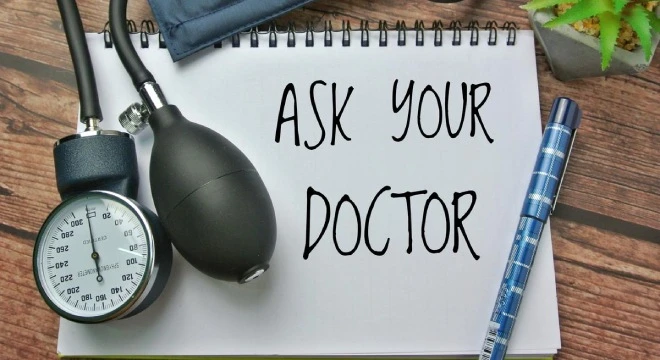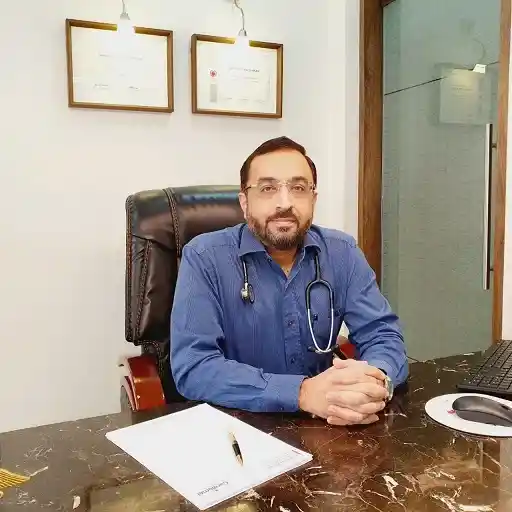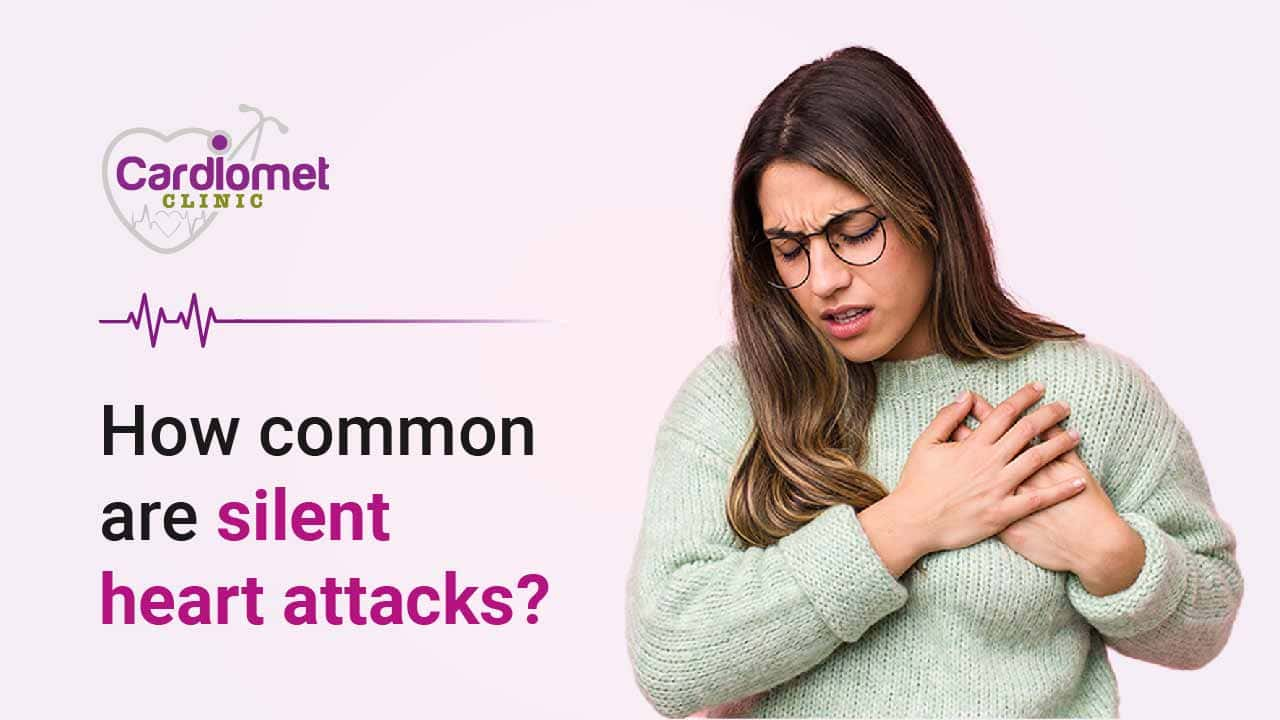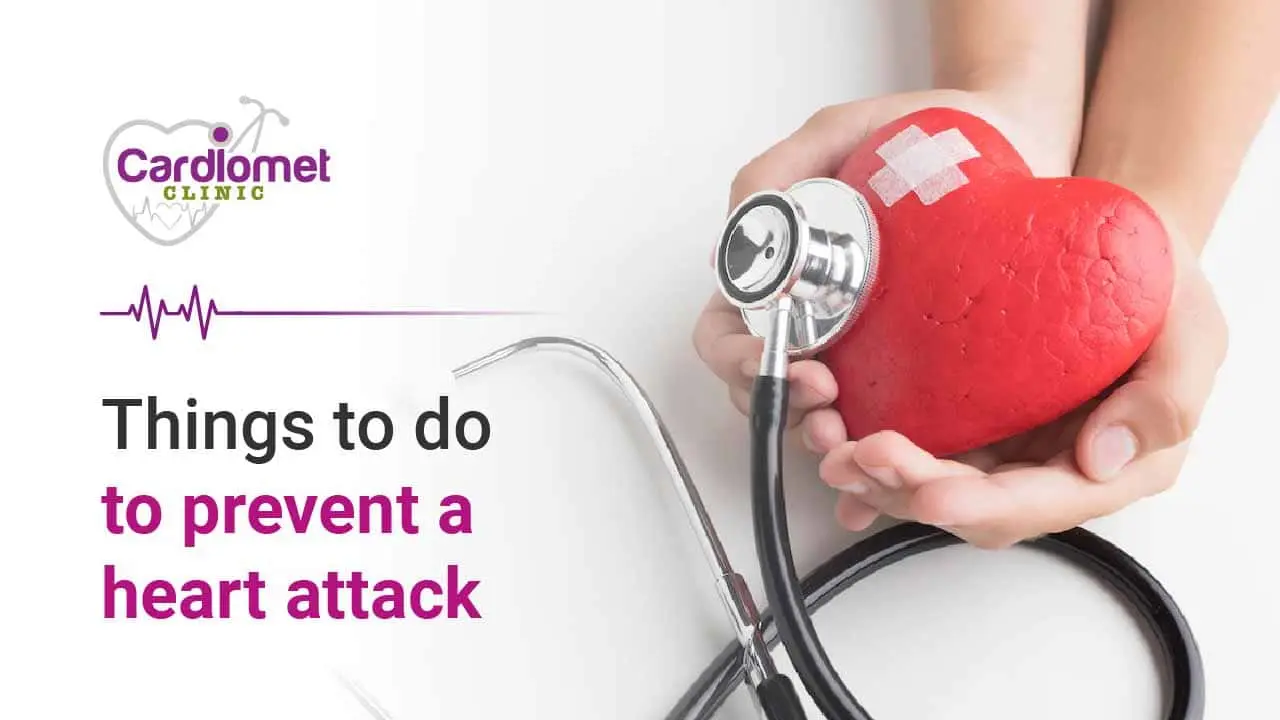Empowering Blood Pressure Control Key Questions for Your Doctor
Essential 7 Questions to Ask Your Cardiologist
High blood pressure, or hypertension, is a prevalent medical condition That Affects Millions of people worldwide. It occurs when the force of Blood against the artery walls is consistently too high, leading to potential damage to the Blood vessels and organs over time.
The causes of high blood pressure can range from genetic factors to unhealthy lifestyle habits, and its effects can increase the Risk of Heart Attack, stroke, and kidney disease. Controlling high Blood Pressure is crucial for maintaining overall health and preventing complications.

In this Article, we aim to provide patients with a list of essential questions to ask their doctor about High Blood Pressure, empowering them to take control of their condition and make informed decisions about their treatment and lifestyle.

High blood Pressure (Hypertension)
High Blood Pressure,is a condition in which the force of blood against the artery walls is consistently too high. Blood pressure also known as Hypertension, Blood Pressure is measured in millimetres of mercury (mmHg) and is expressed with two numbers: systolic pressure (the higher number) represents the pressure when the heart beats, and diastolic pressure (the lower number) represents the pressure when the heart is at rest between beats.Blood pressure is categorized into different ranges to help determine if a person has hypertension.

The American Heart Association Currently Defines the Blood Pressure Categories as follows:
- Normal: Systolic pressure less than 120 mmHg and diastolic pressure less than 80 mmHg.
- Elevated: Systolic pressure between 120-129 mmHg and diastolic pressure less than 80 mmHg.
- Hypertension Stage 1: Systolic pressure between 130-139 mmHg or diastolic pressure between 80-89 mmHg.
- Hypertension Stage 2: Systolic pressure at least 140 mmHg or diastolic pressure at least 90 mmHg.
- Hypertensive Crisis: Systolic pressure over 180 mmHg and/or diastolic pressure over 120 mmHg. This requires immediate medical attention.
Causes of High Blood Pressure can be divided into two categories:
- Primary (essential) Hypertension: This is the most common form of high blood pressure, and its exact cause is not known. It is believed to result from a combination of genetic factors and environmental influences, such as diet, physical activity, and stress.
- Secondary Hypertension: This type of high blood pressure is caused by an underlying medical condition, such as kidney disease, hormonal disorders, or the use of certain medications.
The effects of high blood pressure can be severe and potentially life-threatening. Over time, uncontrolled hypertension can damage blood vessels and organs, leading to complications such as heart attack, stroke, kidney disease, vision loss, and peripheral artery disease.
7 Important Questions to Ask Your Doctor
- What is my blood pressure?
- What is my blood Pressure Goal?
- How often should I have my blood pressure checked?
- Should I monitor my blood pressure at home?
- What are the possible side effects of my blood pressure medication?
- What other lifestyle changes can I make to help control my blood pressure?
- What are the Risks of not Controlling my Blood Pressure?
By asking this question, you will learn your current blood pressure reading. This information will help you understand the severity of your condition and track your progress over time. Your doctor will provide you with two numbers: systolic (the higher number) and diastolic (the lower number) blood pressure.
Your doctor can recommend a target blood pressure range based on factors such as your age, overall health, and any existing medical conditions. Achieving and maintaining your blood pressure goal will Reduce the Risk of complications associated with hypertension.
Regular monitoring is essential for managing high blood pressure. Your doctor will recommend how frequently you should have your blood pressure assessed, which may vary depending on the severity of your condition and your response to treatment.
Home monitoring can help you stay on top of your blood pressure and detect any changes early. Your doctor can advise if home monitoring is necessary for you, guide you on proper techniques for measuring blood pressure, and recommend a suitable home blood pressure monitor.
If you're prescribed medication for high blood pressure, it's important to be aware of potential side effects. Your doctor can explain the possible side effects of your specific medication(s) and advise you on what to do if you experience any adverse reactions.
In addition to medication, adopting a heart-healthy lifestyle is essential for managing high blood pressure. Your doctor can provide specific recommendations, such as dietary changes (e.g., reducing salt intake), engaging in regular physical activity, maintaining a healthy weight, quitting smoking, limiting alcohol consumption, and managing stress.
Understanding the potential complications of uncontrolled high blood pressure can motivate you to take your condition seriously and adhere to your treatment plan.
Your doctor can explain how uncontrolled Hypertension can lead to severe health problems, such as Heart attack, stroke, kidney disease, vision loss, and Peripheral Artery Disease.
The importance of controlling high blood pressure
Controlling High Blood Pressure is crucial for maintaining overall health and preventing complications. When left untreated, Hypertension can lead to serious health problems and increase the Risk of Life-Threatening events, such as heart attack and stroke.
By Managing Blood Pressure through medication, lifestyle changes, and regular monitoring, patients can reduce their Risk of Complications, Improve their quality of life, and potentially extend their lifespan.
Effective Blood Pressure management may include:
- Medication: Depending on the severity of the condition, doctors may prescribe various medications to help lower blood pressure and prevent complications.
- Lifestyle changes: Adopting a heart-healthy lifestyle can significantly impact blood pressure control. This includes a Balanced diet, regular exercise, maintaining a healthy weight, quitting smoking, Limiting alcohol intake, and managing stress.
- Regular monitoring: Regular blood pressure checks, both at the doctor's office and at home, can help detect changes early and ensure that treatment plans are adjusted as needed.
To summarise, uncontrolled high blood pressure is a serious health concern and can lead to severe complications. Making lifestyle changes, taking prescribed medication, and regular monitoring are essential for managing Hypertension and reducing the risk of associated health risks.
It is important to ask your doctor questions about your condition so that you can gain insight into how best to control your blood pressure.




